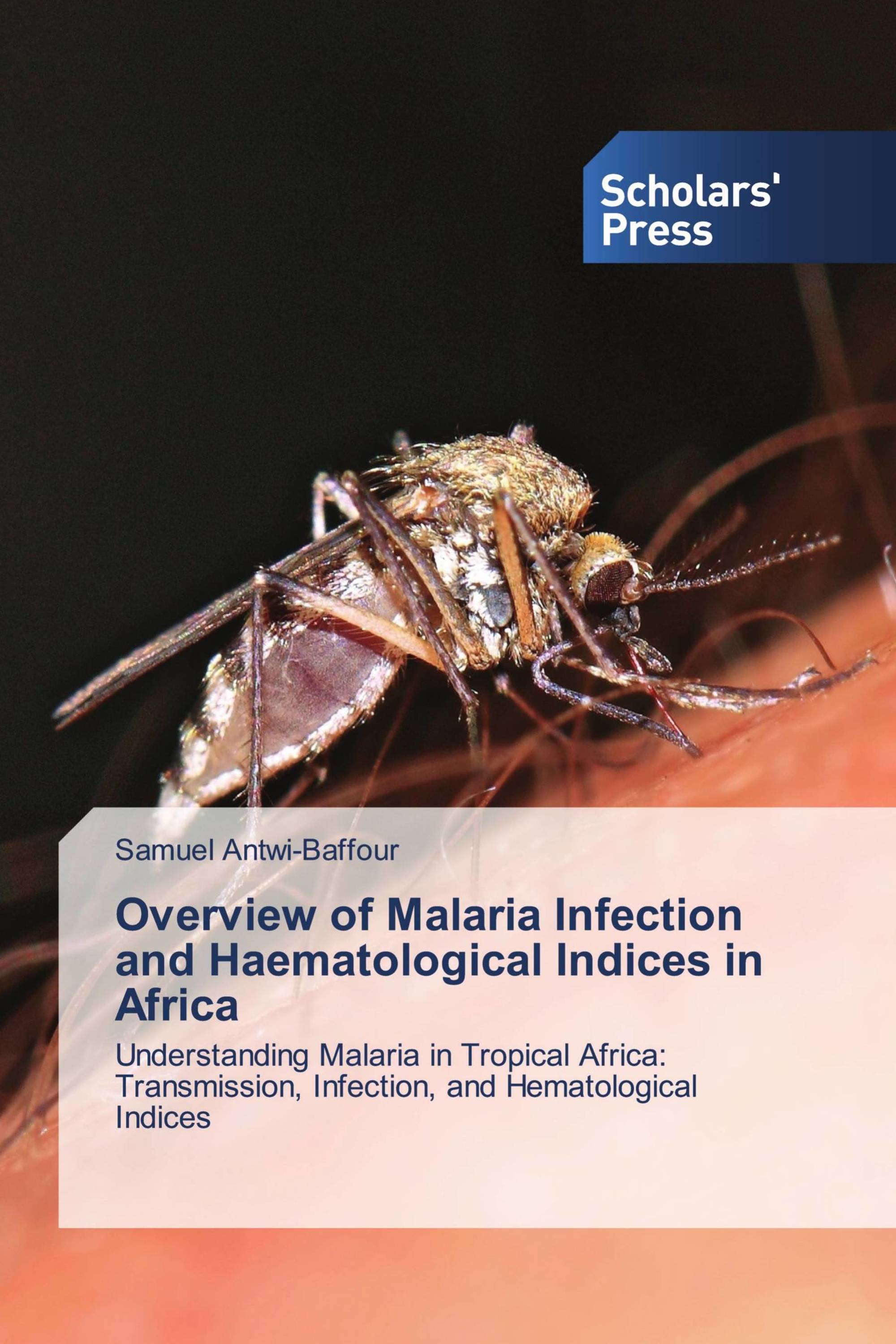Overview of Malaria Infection and Haematological Indices in Africa
Understanding Malaria in Tropical Africa: Transmission, Infection, and Hematological Indices
Scholar's Press ( 2024-10-22 )
€ 50,90
Malaria, a severe parasitic disease transmitted by Anopheles mosquitoes, is caused by various Plasmodium species, with P. falciparum and P. vivax posing the greatest threat. While most infections are uncomplicated, a small percentage progresses to severe malaria, characterized by disruptions in immune cell profiles and increased cytokine levels. Severe P. falciparum malaria is associated with elevated plasma cytokines, T cell lymphopenia, and impaired T cell function. Treatment aims to restore immune cell balance, particularly CD3+, CD4+, and CD8+ cells. Protective immunity involves CD8+ T cells and cytokines like IFN-γ and TNF, while CD4+ T cells combat erythrocytic parasites through cytokine secretion and macrophage activation. Regulatory T cells also play a role, highlighting the importance of cytokine balance in malaria. Additionally, factors like antigen affinity influence T helper lymphocyte differentiation, affecting immune responses to the disease.
Book Details: |
|
|
ISBN-13: |
978-620-6-77217-0 |
|
ISBN-10: |
6206772179 |
|
EAN: |
9786206772170 |
|
Book language: |
English |
|
By (author) : |
Samuel Antwi-Baffour |
|
Number of pages: |
84 |
|
Published on: |
2024-10-22 |
|
Category: |
Medicine |

